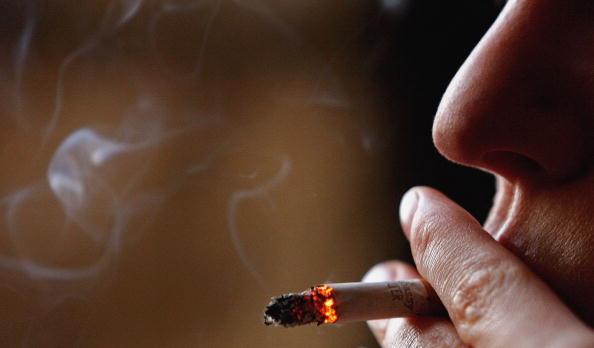New Zealand will now reverse a “world first” generational smoking ban that would have prevented the sale of tobacco to anyone born after 2009.
The new tri-party coalition government will repeal legislation introduced by the Ardern Labour government that banned smoking for the youngest generation of Kiwis.





